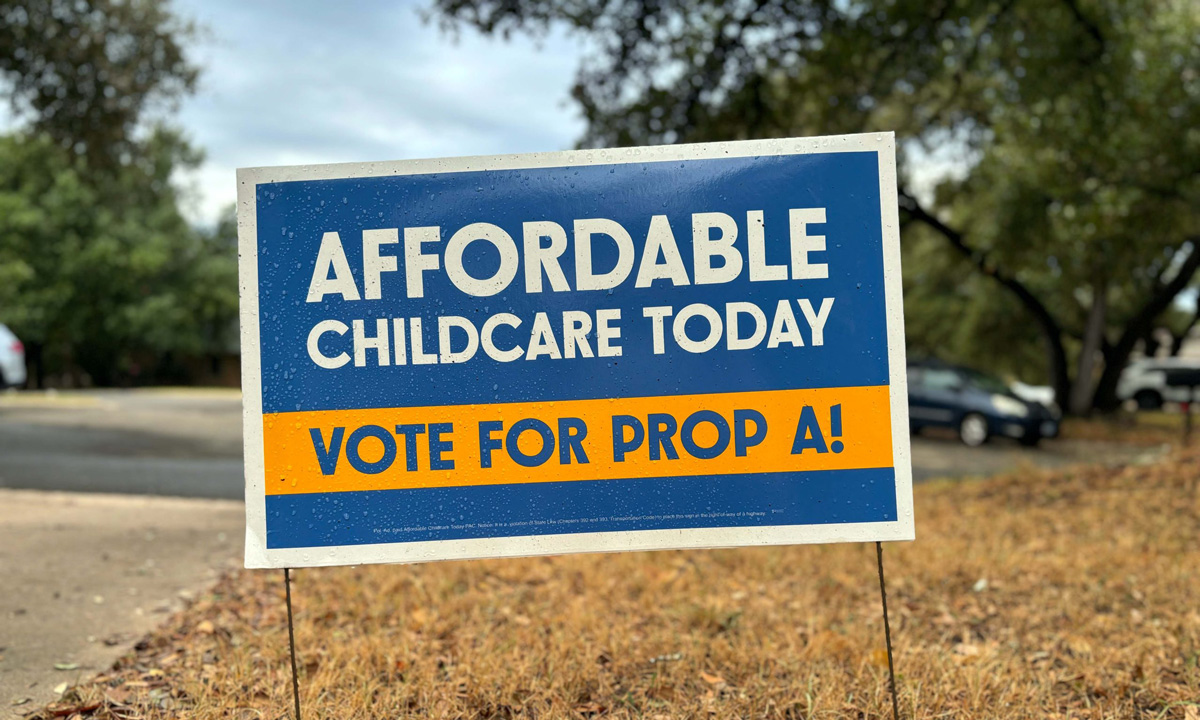Over the past few years, it’s become clear that states need more money to support kids. Pandemic-related aid is long gone, but effects from that era still linger, evident in persistent child care shortages and ongoing child behavioral and mental health concerns. Now, states are increasingly trying to generate new sources of money to support young children, although in at least one state, a ballot measure was designed to pull back on just these kinds of efforts.
To get the money they need to address these issues, at least 10 measures were on ballots across the country Tuesday, proposing tax increases or new revenue streams to pay for child care and other child-focused services. Voters overwhelmingly chose to maintain or increase spending on these initiatives — though there were some holdouts.
Here’s a look at how early childhood fared this election: (This story will be updated as vote tallies are finalized.)
Child care:



Sonoma County, California: Measure I asked voters to approve a quarter-cent countywide sales tax to create a local revenue stream that would help pay for child care and children’s health programs, with a special emphasis on children who experience homelessness. The initiative gained over 20,000 signatures from registered voters to qualify for the November ballot. LIKELY TO PASS
Early childhood health, education and well-being:

Pomona County, California: Measure Y aims to reallocate at least 10 percent of funds in an existing city general fund to create a Department of Children and Youth. The funds would also be used to pay for youth programs, child care and support for parents. LIKELY TO PASS
Santa Cruz, California: Measure Z proposed a $0.02 per ounce tax on sugar-sweetened beverages to raise funds that can be used for youth mental health and programs for children. LIKELY TO PASS






